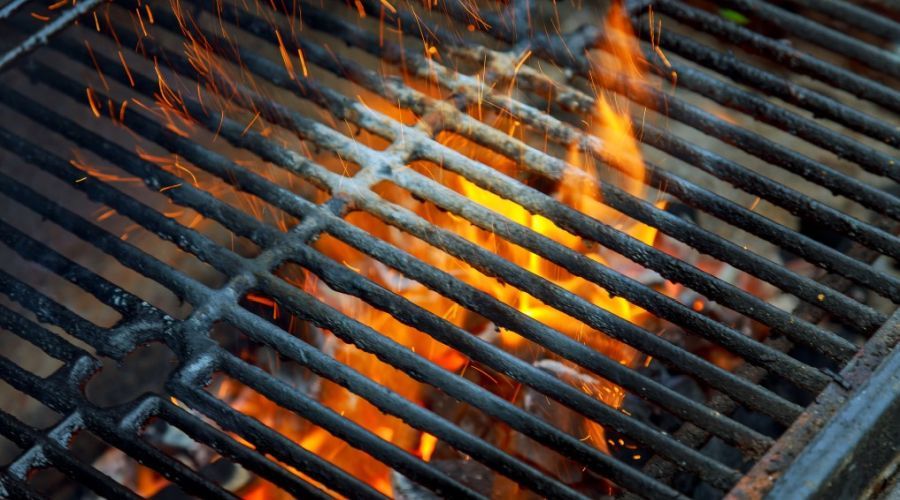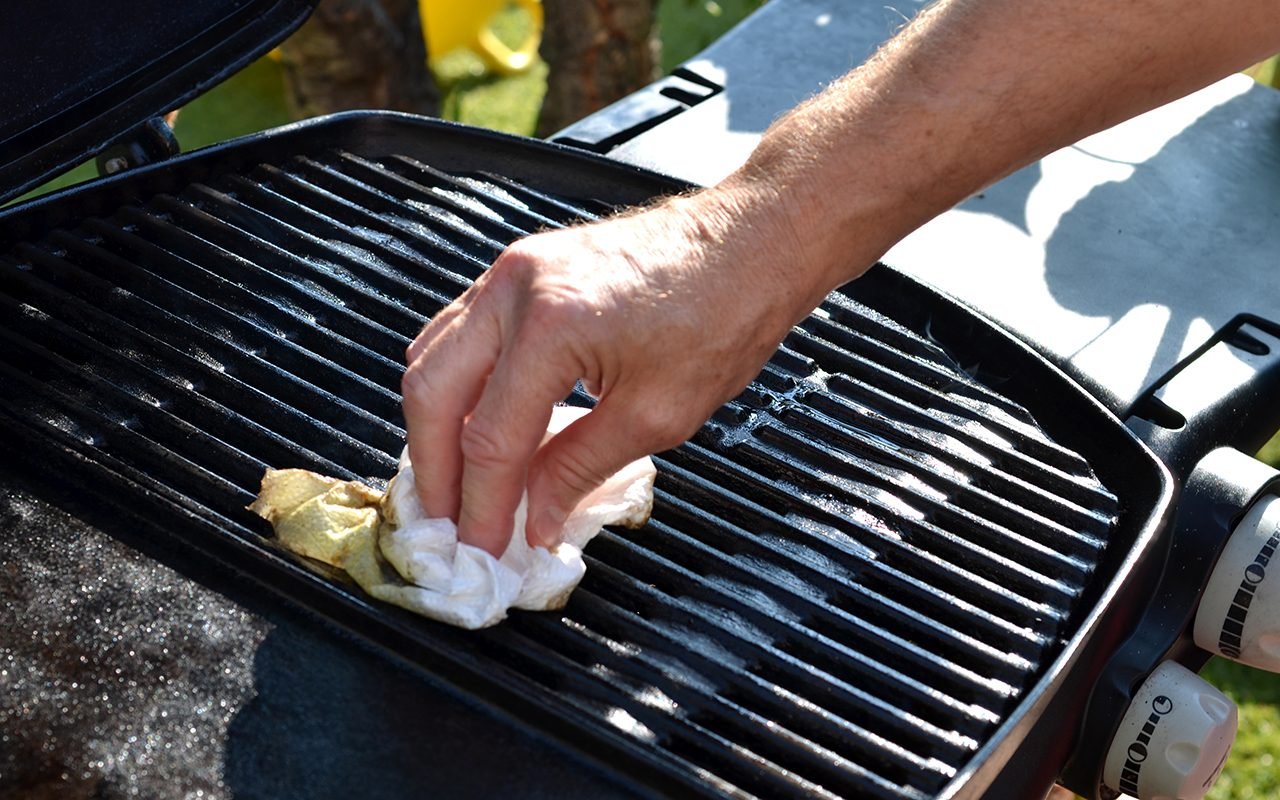Grill Grates and Energy Efficiency: A Barbecue Enthusiast's Guide
Written By James Morgan
For barbecue enthusiasts, the quest for the perfect grilling experience never ends. Whether you're a weekend griller or a seasoned pitmaster, understanding the role of grill grates and their impact on energy efficiency is crucial for both enhancing your grilling results and being environmentally conscious. This comprehensive guide will delve into how the right grill grates can improve energy efficiency and elevate your grilling game.

Understanding Grill Grates
Grill grates are more than just the surface on which you lay your food. They play a pivotal role in heat distribution, cooking times, and the overall flavor of your grilled masterpieces. Choosing the right material and design can make a significant difference. Common materials include cast iron, stainless steel, and porcelain-coated grates, each with its unique properties.
Materials Matter
Each material offers distinct benefits. For instance, cast iron grates are known for their excellent heat retention, making them ideal for searing steaks. On the other hand, stainless steel grates are favored for their durability and ease of maintenance, while porcelain-coated grates provide a non-stick surface that's perfect for delicate foods.
Design Dynamics
The design of your grill grate also influences energy efficiency. A well-designed grate allows for even heat distribution, reducing the need for excessive energy input. Consider grates with a cross-hatch or diamond pattern, which facilitate even cooking and minimize hot spots.
The Science Behind Energy Efficiency
Energy efficiency in grilling isn't just about saving on fuel costs; it's also about achieving the best possible cooking results with minimal environmental impact. A grill that retains heat effectively will consume less energy, whether you're using gas, charcoal, or electric grills.
According to experts, one of the key factors in energy-efficient grilling is maintaining a consistent temperature. This can be achieved by choosing grill grates that retain heat well and distribute it evenly. Additionally, keeping the grill lid closed as much as possible helps trap heat, reducing the need for constant fuel consumption.
Maximizing Heat Retention
To maximize heat retention, consider investing in grill grates with thicker bars. Thicker bars absorb and hold heat better, allowing for even cooking and less energy consumption. This is especially important for larger cuts of meat that require longer cooking times.
Seasonal Savings
For those grilling in colder months, the right grill grates can help maintain heat levels even in chilly conditions. Opt for materials like cast iron that perform well in various temperatures. This not only enhances your grilling experience but also saves energy, as your grill won't need to work as hard to maintain the desired temperature.
Practical Tips for Energy-Efficient Grilling
Embracing energy efficiency doesn't mean compromising on the quality of your grilled dishes. Here are some practical tips to help you achieve both:
Preheat Properly
Preheating your grill is essential for achieving the best results. By preheating your grill grates, you ensure even heat distribution, which minimizes cooking times and energy usage. This step also prevents food from sticking to the grates, making cleanup easier.
Regular Maintenance
Regular maintenance of your grill grates is key to sustained energy efficiency. Clean grates allow for better heat transfer and prevent flare-ups caused by grease buildup. For tips on how to clean your grill grates effectively, check out this helpful guide.
Conclusion
Incorporating energy-efficient practices into your grilling routine not only benefits the environment but also enhances the quality of your grilled dishes. By selecting the right grill grates, understanding their impact on energy efficiency, and following practical tips, you can take your barbecuing skills to the next level.
For more insights on achieving perfect grill marks, visit this informative article. Additionally, if you're interested in learning about the science behind grill grates, this resource provides in-depth information.

FAQs
What are the best materials for grill grates?
The best materials for grill grates depend on your grilling needs. Cast iron is excellent for heat retention, stainless steel is durable, and porcelain-coated grates offer a non-stick surface.
How can I improve my grill's energy efficiency?
Improve energy efficiency by using grill grates that retain heat well, maintaining consistent temperatures, and keeping the grill lid closed as much as possible.
Why is preheating important for energy efficiency?
Preheating ensures even heat distribution, reduces cooking times, and prevents food from sticking to the grates, resulting in better energy efficiency.



